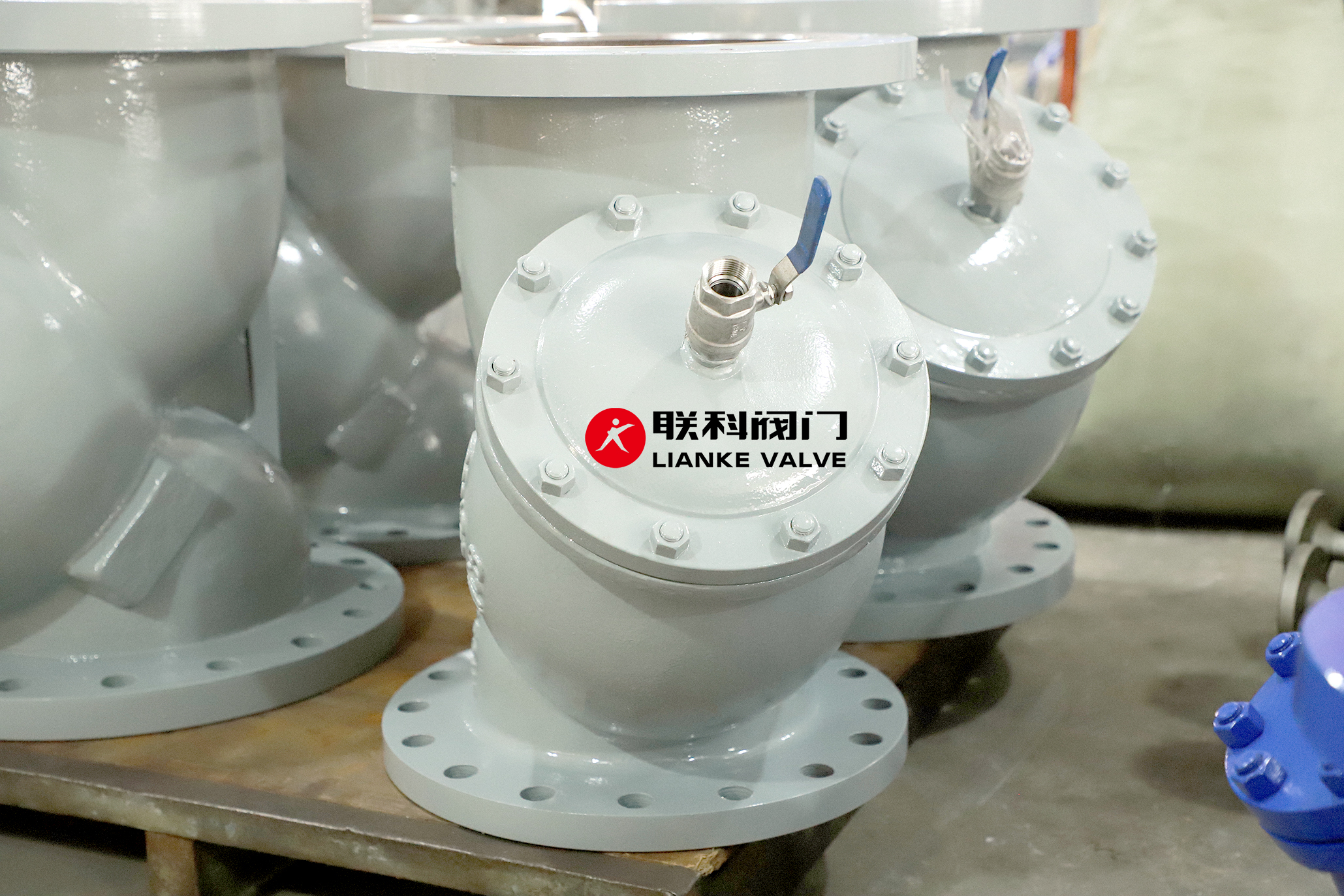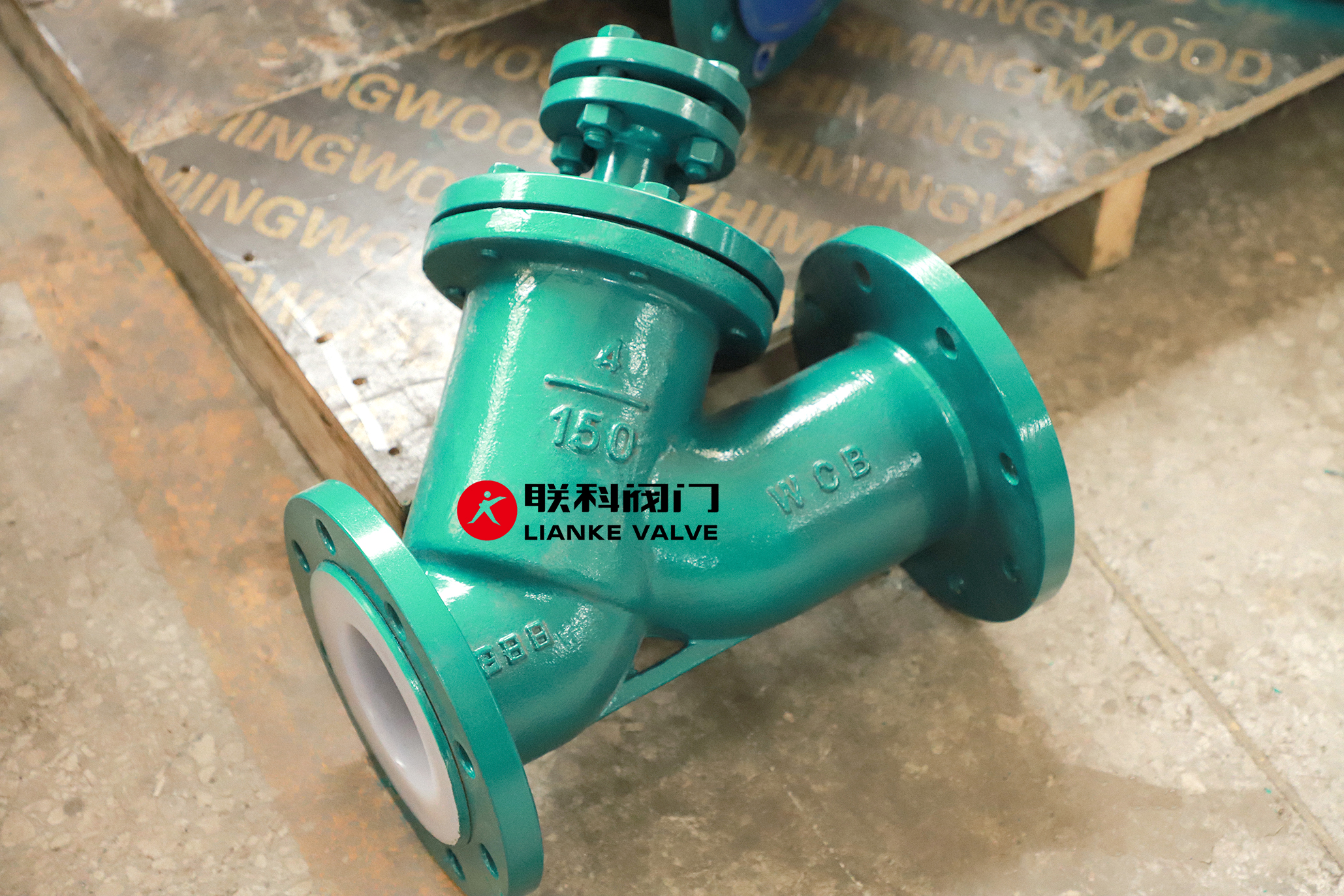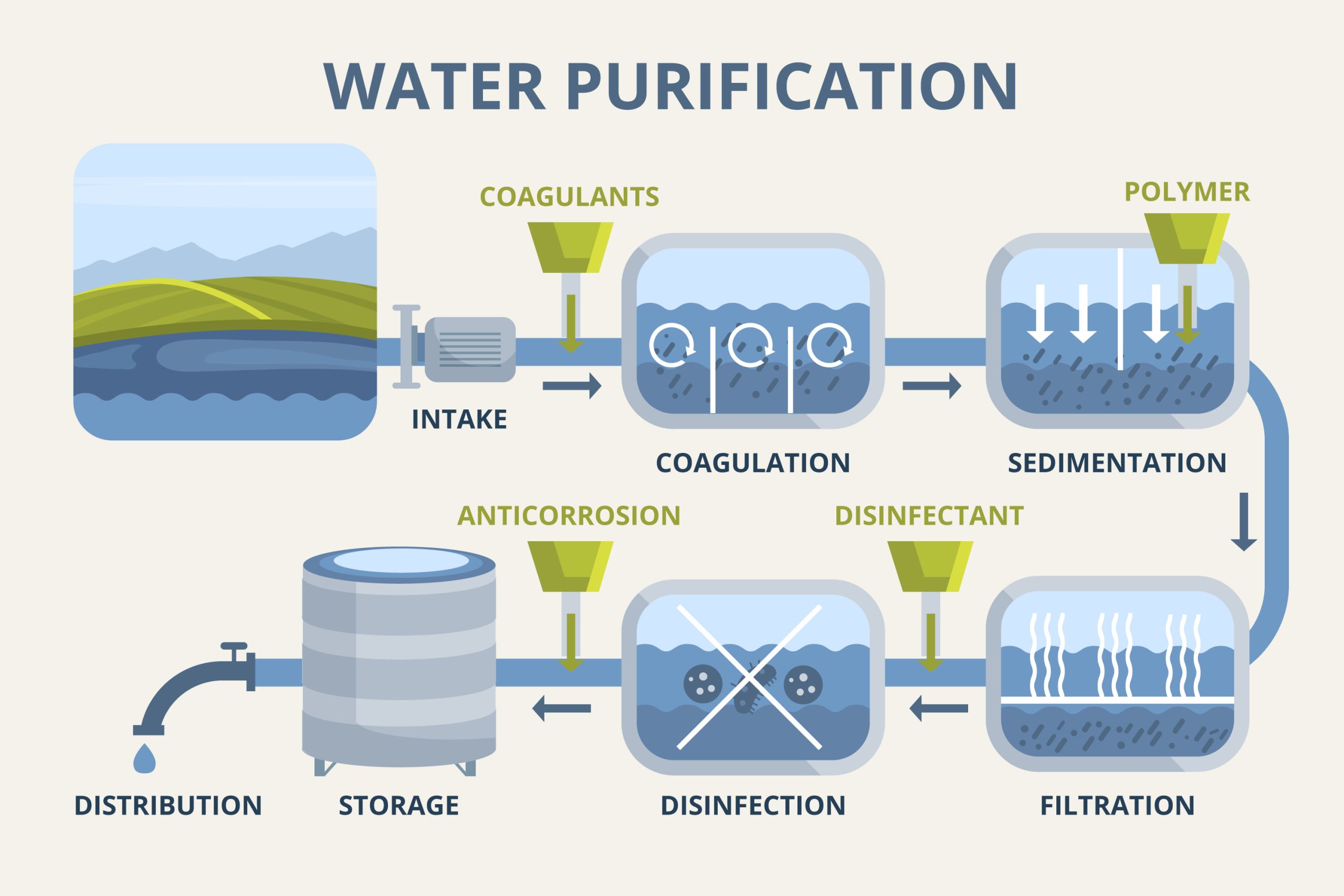

A simplex basket strainer is a straightforward yet essential piece of equipment in many industries. It is designed to remove particles and impurities from liquids or gases within a pipeline.
Often referred to as a strainer simplex, it plays a crucial role in ensuring the following:
This article explores what a simplex basket strainer is, how it works, its applications, advantages, and maintenance needs.

A simplex basket strainer is a single-chamber strainer. It is ideal for applications where the flow can be temporarily interrupted for cleaning or maintenance. The “basket” is a removable, perforated, or mesh-lined container within the strainer housing. Its main function is to trap debris and particles. Eventually, it allows only filtered liquid or gas to pass through.1
The simplex strainer design offers a simplified and highly efficient filtration process. The liquid or gas flows into the chamber, where particles are caught by the basket. On the one hand, the clean fluid exits the strainer.
By filtering out contaminants, the strainer simplex accomplishes the following:
A typical simplex basket strainer includes:
When liquid or gas enters the inlet, it passes through the basket. The latter can capture any contaminants within the fluid. The clean fluid then exits through the outlet, continuing through the system without carrying unwanted particles.
The simplicity of the simplex strainer design makes it highly reliable. It is also easy to maintain, although it requires the flow to be stopped during cleaning.
Simplex basket strainers are widely used across many industries. This is due to their versatile and effective filtration capabilities. Here’s a closer look at some of the most common applications:
In wastewater treatment facilities, simplex basket strainers excel at filtering large volumes of liquid. The strainers capture more than 95% of solid particles and impurities.
Simplex basket strainers remove particles early in the treatment process. By so doing, they support the effectiveness of subsequent filtration and purification stages.
Simplex basket strainers prevent clogs in irrigation pipelines. They effectively filter out sediment, sand, and debris from the water supply. These strainers maintain clear pathways.
The simplex basket strainer is also capable of ensuring uninterrupted water distribution across fields. Thus, they support efficient crop irrigation.
The food and beverage industry depends on filtration to ensure product quality. The process is also crucial as compliance with food safety standards. Simplex basket strainers are widely used in processing liquids such as juices, syrups, cooking oils, and other ingredients.
By filtering out unwanted solids, these strainers help prevent blockages in processing equipment. Additionally, they maintain the cleanliness of production lines.
The petrochemical industry handles a wide range of corrosive fluids and chemicals. Simplex basket strainers are engineered to withstand these harsh conditions.
Simple basket strainers are made from strong, corrosion-resistant materials. They capture solid particles and impurities effectively. This ensures that liquids flow smoothly in chemical processes.
Oil refineries are characterized by their demanding environment. Here, simplex basket strainers are indispensable for filtering impurities and debris from fluids. They protect critical equipment like pumps, valves, and pipelines from contaminants. In the long run, the basket strainers reduce wear and tear and even extend equipment life.
On ships and other marine vessels, simplex strainers have also proven themselves. They protect critical components from being damaged by debris or foreign objects. can be particularly important in saltwater environments where corrosion and debris are more common.
The simplex basket strainer design offers several unique advantages. Their benefits include:
Maintaining a simplex basket strainer is straightforward. Below is a quick overview of key maintenance steps:
Step 1: Periodic Cleaning:
Regularly clean or replace the basket. This step is extremely important in systems where high amounts of debris or contaminants are present.
Step 2: Inspect for Damage:
Check the basket for any signs of damage. You should look out for cracks or holes. These could allow contaminants to pass through.
Step 3: Pressure Monitoring:
Monitor pressure levels before and after the strainer has been used. This is to detect any unusual pressure drops. The latter could indicate a clogged basket.
Step 4: Lubricate Moving Parts: Ensure any moving parts are lubricated. This step maintains easy access as well as efficient maintenance.
Are you looking for reliable and high-quality simplex basket strainers? Lianke Valve Co., Ltd. is a trusted choice. The experienced manufacturer has shown dedication to quality and efficiency. This is proven by its comprehensive product range. They manufacture pinch valves, fluorine-lined valves, and various strainers, including simplex strainers.
Lianke is committed to excellence. It consistently observes ISO9001 quality standards to ensure all products meet rigorous requirements. When you choose Lianke Valve today, you’re partnering with a manufacturer that prioritizes quality, integrity, and customer-first service.

ANSI Class Ratings for Y strainer flanges tell you how much pressure and temperature the flange can handle. These ratings help you choose the right flange material and design to keep your piping system safe and efficient. If you’re installing or replacing a Y strainer in a pipeline, understanding ANSI ratings isn’t optional—it’s essential. Choosing […]

To choose the right wye strainer, you need to understand mesh and screen size. These determine what particles your system can filter out. The finer the mesh, the smaller the particles it catches. This guide explains how to select the correct strainer mesh size, use a mesh size chart, and compare mesh size vs micron […]

When choosing a filter or strainer for your system, micron ratings tell you how small the particles are that your filter can catch. In simple terms, the smaller the micron rating, the finer the filter. Whether you’re in water treatment, chemical processing, or any industry that relies on micron filtration, knowing the right micron size […]

Municipal water doesn’t just show up clean at the tap—it’s the result of a carefully managed process. The liquid filtration process for municipal water treatment plants is the backbone of safe, clean drinking water. From removing dirt and debris to eliminating harmful pathogens, each step in this system ensures water meets strict safety standards. In […]



